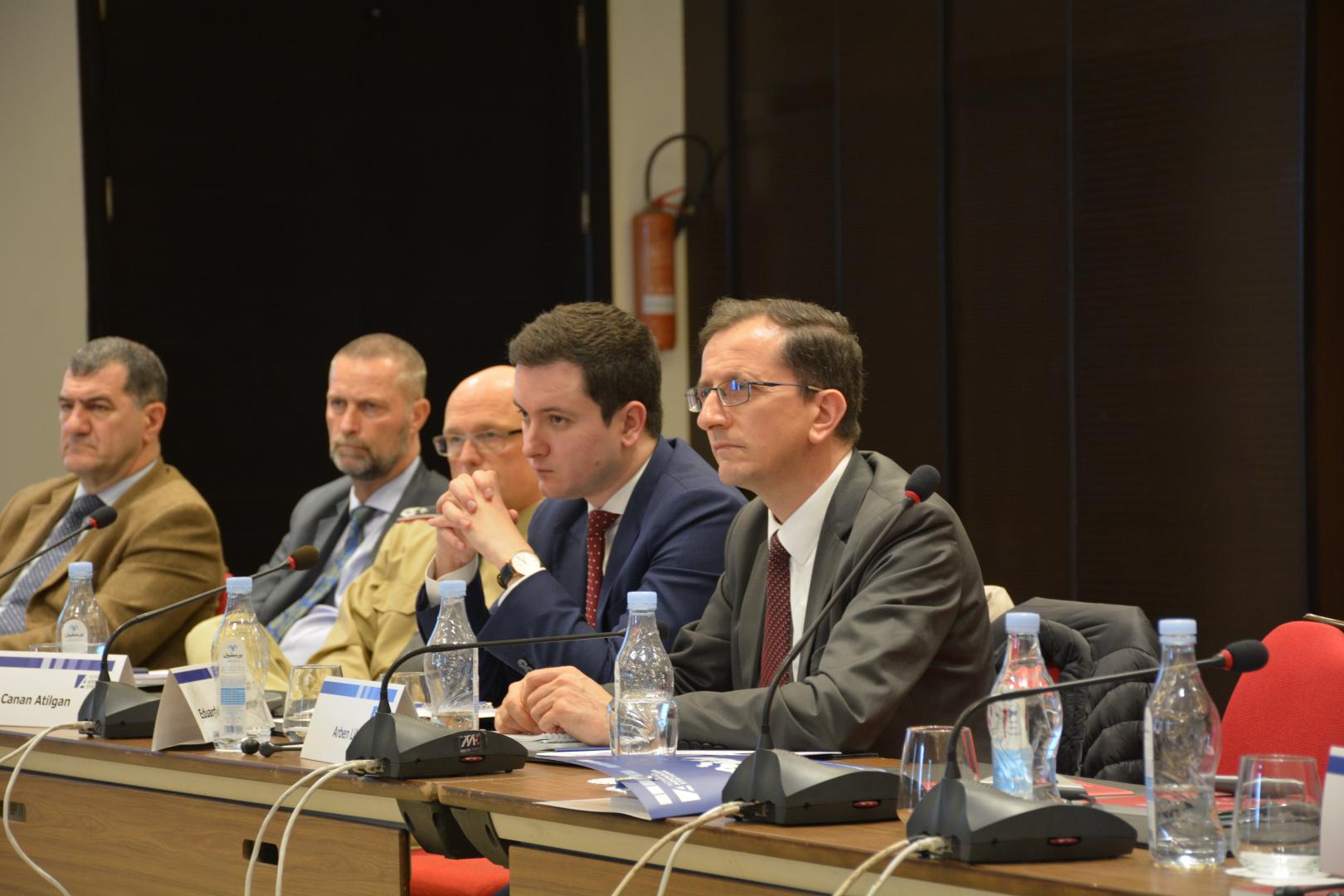Workshop
Details
In Algeria and Sudan, for instance, the armed forces answered the calls from demonstrators and played a crucial role by pressuring the political class. On the other hand, the Lebanese case shows that the army can also be a decisive support in maintaining the establishment. Hence, the political engagement of military actors in the region has definitely been maintained and – as big parts of the populations perceive them as “the only option” – their disengagement from politics seems to be unlikely.
Gathering experts, researchers as well as military representatives, the workshop entitled “Civil-military relations in the MENA” enabled to examine civil-military relations in the current second wave of the revolutionary uprisings and the political role of the military in the Arab region. Through this reflection, the workshop addressed the logic behind political interventions of military institutions and therefore examined to what extent coercive apparatuses will determine the fate of Arab societies.
On a different level, the workshop also constituted a great opportunity to address the importance of building a more balanced and functional relationship between civil and military authorities. Among the different tracks explored, the integration of women in the military forces has been discussed in particular. Indeed, while the integration of women is being slow, it is also true that the integration of women may contribute to the development of a different military culture, as women may be able to help reshape civil-military relationships by reducing the distance between society and the military. Thus, arguably contributing to a more inclusive and balanced relationship between the citizens and the militaries in the Arab world.






